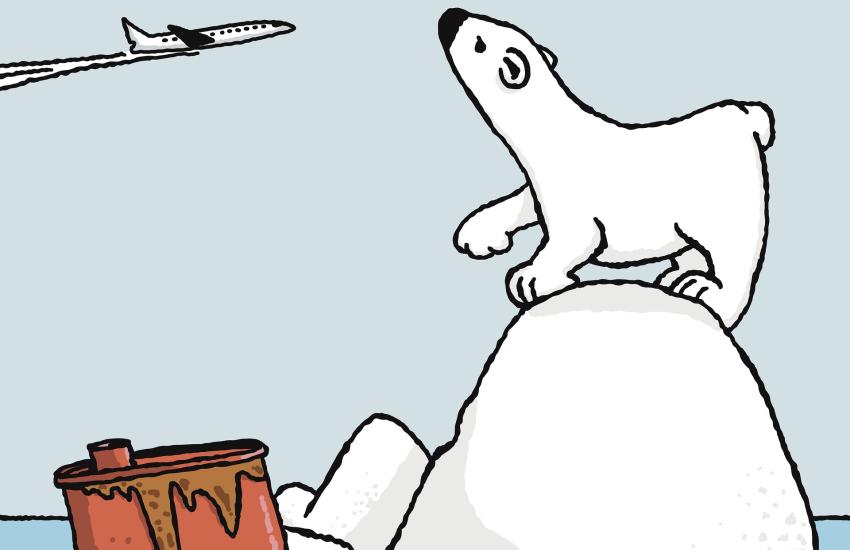Breadcrumb
-
Guidebook
-
Marine Conservation
-
Threats to Marine Ecosystems
Threats to Marine Ecosystems

Marine ecosystems face numerous threats that endanger their health and integrity. These threats arise from human activities, environmental changes, and natural processes. Understanding these threats is crucial for effective conservation and management strategies.
Impact of pollution on marine life
Marine ecosystems are seriously endangered by pollution, which can originate from both land-based and marine sources. It takes various forms, and all of them harm marine life:
- Marine Debris: Plastic waste, discarded fishing gear, and other kinds of waste are widespread in oceans. They entangle and are ingested by marine animals, causing injuries, suffocation, starvation, and death.
- Chemical Pollution: Marine ecosystems are contaminated by hazardous substances such oil spills, heavy metals, pesticides, and industrial pollutants. These contaminants build up in the bodies of marine species, causing problems with physiology and reproduction, weaker immune systems, and ecosystem disruption.
- Nutrient Pollution: An abundance of nutrients, mainly stemming from agricultural runoff and sewage discharge, fosters eutrophication. This phenomenon spawns detrimental algal blooms, diminishes oxygen levels, and deteriorates marine habitats. Consequently, this chain of events leads to the decline of biodiversity and the disruption of ecosystem functioning.
Over-fishing and its Consequences
The unsustainable harvesting of fish and other marine organisms has severe consequences for marine ecosystems. Some key impacts include:
- Decline in Fish Stocks: Over-fishing disrupts the balance of marine food webs by depleting fish populations. This leads to the collapse of targeted species, disrupts ecosystem dynamics, and reduces overall biodiversity.
- By-catch: Non-target species, including marine mammals, sea turtles, and seabirds, often become unintentionally caught in fishing gear. By-catch contributes to species decline and disrupts marine ecosystems.
- Habitat Destruction: Coral reefs and sea-grass beds on the seafloor can be harmed by some fishing techniques, such as bottom trawling. Numerous marine species depend on these areas as vital nurseries and breeding grounds, therefore losing them would endanger biodiversity.
- Imbalanced Trophic Cascades: Over-fishing can upset the natural tropic cascades, where removing predators causes a surge in prey populations. This has far-reaching effects on the ecosystem, causing imbalances and disruptions in its ecological harmony.
Climate change and its effects on oceans
Become a part of the solution by volunteering to address the profound impacts of climate change on marine ecosystems. Rising temperatures and ocean acidification are reshaping our oceans, with consequences such as:
- Coral Bleaching: Coral reefs are under stress due to rising ocean temperatures, which cause coral bleaching episodes. When corals expel the symbiotic algae that sustains them, they bleach, losing their color and eventually dying. Critical habitats are lost as a result, which lowers biodiversity.
- Ocean Acidification: With the oceans absorbing higher levels of carbon dioxide (CO2) from the atmosphere, seawater undergoes acidification. This poses a notable threat to shell-forming creatures such as corals, shellfish, and plankton, affecting their capacity to construct and uphold their shells and skeletons.
- Altered Ocean Currents and Circulation: The distribution and migratory patterns of marine animals are impacted by changes in ocean currents and temperatures. This can disturb breeding and feeding grounds, causing changes in species composition and ecological structure.
- Sea-Level Rise: The increasing global temperatures play a part in melting polar ice caps and glaciers, causing sea levels to rise. As a consequence, this causes frequent flooding, increased coastal erosion, and the elimination of coastal habitats. Both the coastal ecosystems and the communities residing there are significantly impacted by these changes.

